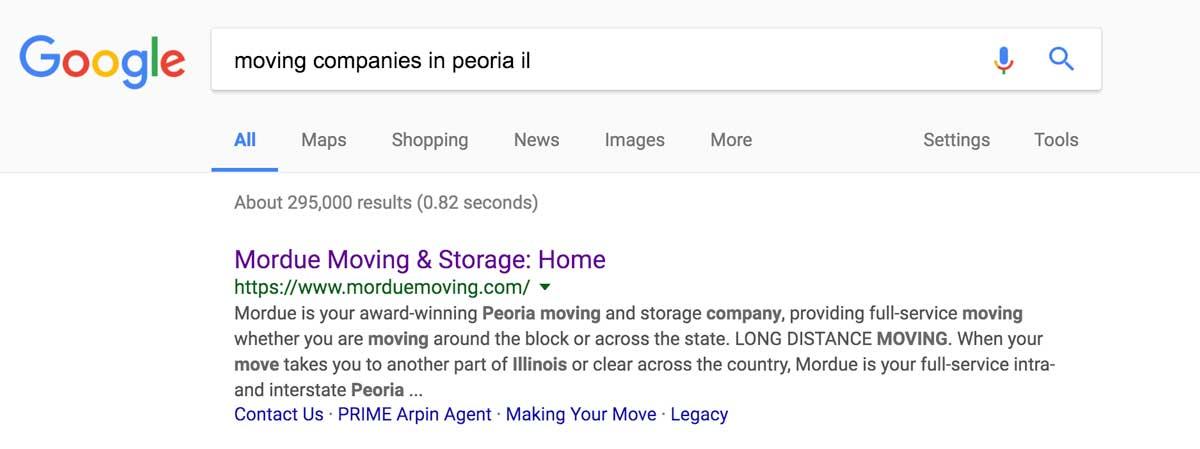

Set it and forget it may be a life hack for a lot of things but – SEO isn’t one of them. Search engine optimization, or SEO, is a must-have when you launch a website, but what you may not know is that the best SEO takes some care and maintenance to keep it robust. Did you know the top spot in Google results gets over 36% of all clicks, but number 2 only gets 12.5%? SEO matters, and you can’t stay at the top without it. SEO is your site’s 24-7 sales rep!

When you start your website, hopefully you optimized your SEO with items like keywords, meta tags, meta descriptions, search engine submission, directory submission.
But don’t stop there. You want to monitor and nurture your SEO on an ongoing basis to see how it’s performing. Look at search results to see where your site is standing, and tweak from there. Bing, Yahoo and the big daddy, Google, are constantly changing their algorithms and web ranking strategies, so it follows that to be successful, your SEO must evolve too. Studies show that companies who didn’t continue SEO saw their page rankings decrease by as much as 30% - and those who invest in ongoing SEO activities increase theirs by 18%.
Yep, you read that right: More than three-quarters of us hit the web to find a physical place to make a purchase or fulfill a need. You wouldn’t let the grass grow over your front door, so why would you let your SEO go unattended?

Google Analytics is a great place to start for ongoing SEO. With it you can see where traffic comes from, who your visitors are, where they go first, which pages they spend the most time on – and focus your efforts there.
Reassess your keywords. Those keywords were great when your site launched, but a year later how people search may be different. Take a hard look at the words and phrases you’re focusing in on, especially when you run campaigns.
Optimize your content. What does that mean? Write for the algorithms. That means including target keywords, adopting a conversational style and asking (and answering) lots of questions by anticipating your visitors’ needs. In addition, add new content regularly – that shows search engines that your site isn’t stagnant, which also contributes to higher page rankings.
Build your links. Incorporating a number of external links also contributes to your page ranking. Choose carefully, and select sites that are rich in valuable, well-trafficked content. You’ll also want to review and update these links regularly because penalties for broken links are severe. And don’t forget cross-linking within pages on your own website!
It’s a mad, mad worldwide web out there – and one that’s always changing. We use the word “dynamic” to describe tech for a reason. Content, language, algorithms – they all play into how your SEO pings. Luckily we speak the language – and we’re ready to translate for you.
